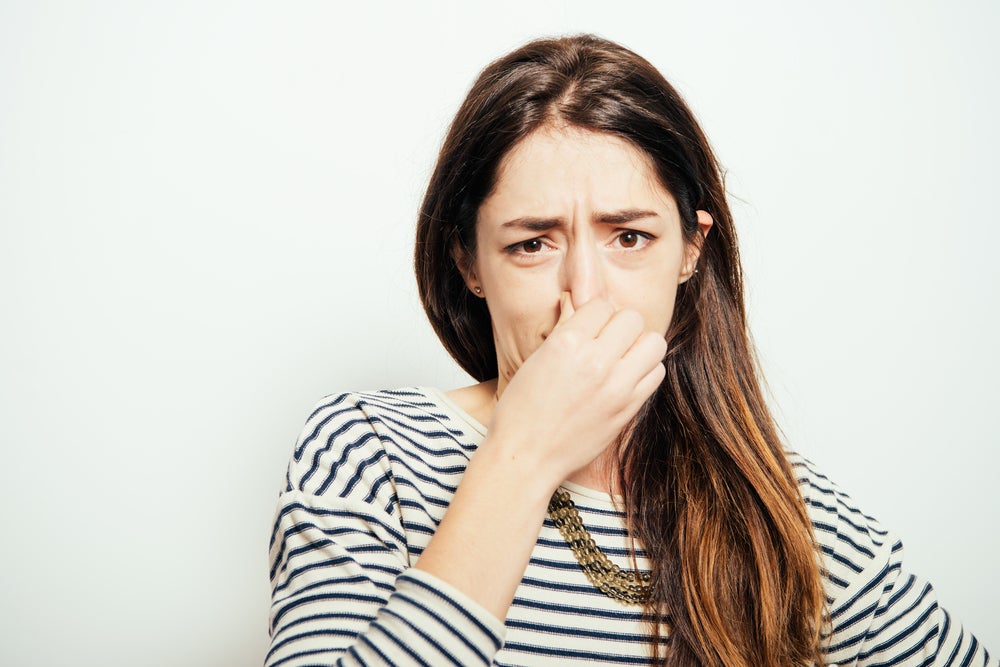What’s That Smell? Bacterial Vaginosis During Menopause
If you’ve noticed an unpleasant vaginal odor since menopause came knocking at your door, you’re not alone. All the changes brought on by menopause can also change the environment of your vagina, leaving you with a condition known as bacterial vaginosis.
Lack of estrogen is the culprit. The good bacteria that normally lives in the vagina likes estrogen rich tissues that are plump and moist. When your vaginal tissues become drier with menopause, there’s not as much of that good bacteria. You’re then left with an overgrowth of bad bacteria that can cause a foul, fishy odor along with itching, burning, and discharge.
You might assume that douching will help, but think again. Douching will only worsen symptoms. Even douching with water upsets the natural balance of your vagina, causing the wrong bacteria to grow. There are some pH washes which might help restore the pH balance of the vagina, but check with your doctor before using them.
Instead, try to moisturize your vagina and rebalance your vaginal pH. An over-the-counter product like RepHresh or a probiotic may help your pH levels, and there are a number of personal lubricants and moisturizers you can try. Your doctor may also prescribe oral or vaginal products, including vaginal estrogen.
It may also help to sleep without underwear, change underwear if they become damp, and practice good hygiene, especially after sex. You should also avoid using soaps, sprays, powders, and lotions in the vaginal area. Before trying any home remedy that involves inserting a substance in your vagina, check with your doctor. Some may cause more harm than good. Smoking or having multiple sex partners also increase your risk for bacterial vaginosis.
While bacterial vaginosis is not dangerous, you should be evaluated by your physician to be sure that’s the problem. You could have yeast infection, a sexually transmitted infection/disease (STI/STD), or another more serious health condition. Your doctor can also determine if you have vaginal atrophy that is contributing to the problem.
This content was written by staff of HysterSisters.com by non-medical professionals based on discussions, resources and input from other patients for the purpose of patient-to-patient support. Reprinted with permission: What’s That Smell? Bacterial Vaginosis During Menopause
Shutterstock.com/file404







